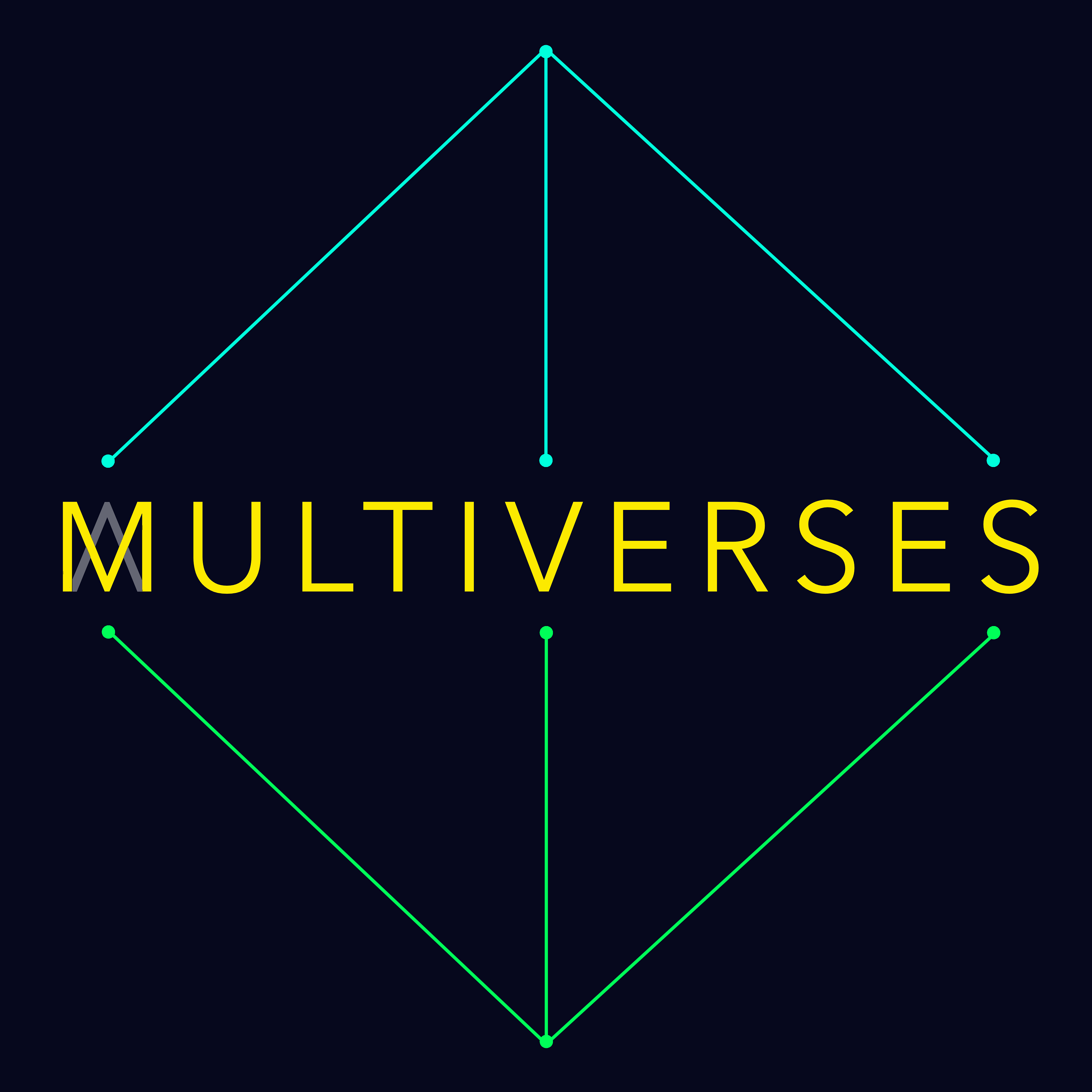24| How Philosophy Serves Science — David Papineau
Description
Are philosophy and science entirely different paradigms for thinking about the world? Or should we think of them as continuous: overlapping in their concerns and complementary in their tools?
David Papineau is a professor at Kings College London and the author of over a dozen books. He's thought about many topics — consciousness, causation the arrow of time, the interpretation of quantum mechanics — and in all of these he advocates engagement with science. The philosopher should take its cue from our best theories of nature.For example, a philosophical account of causation must pay attention to the way this concept is used in the sciences.
But the philosopher can also be a servant of science. Philosophers are undaunted, excited even, by apparent paradoxes and where such thorny problems pop up in science this is where philosophical tools can be brought to bear. For instance, when quantum mechanics appears to suggest cats are alive and dead, the philosopher's interest is piqued (even as the physicist's attention may wane).
* David's website [https://www.davidpapineau.co.uk/]
* Transcript and notes on Multiverses.xyz
Chapters
(00:00) Intro
(02:41) Start of conversation
(02:46) Unraveling the Mystery of Scientific Methods
(03:45) The Shift in Philosophy of Science
(04:03) The Role of Truth in Scientific Investigation
(05:34) The Evolution of Scientific Methodologies
(06:32) The Arrogance of Philosophy in Science
(08:58) The Progress of Science and its Challenges
(10:21) The Role of Data in Scientific Disputes
(11:26) The Struggle of Early Modern Science
(14:52) The Continuity of Philosophy and Science
(15:28) The Role of Philosophy in Resolving Theoretical Contradictions
(18:08) The Replication Crisis in Science
(32:15) The Asymmetry of Time & Thermodynamics
(42:45) The Everlasting Role of Philosophy in Science?
(42:53) Philosophy and Its Puzzling Subjects
(43:55) Artificial Intelligence & Philosophy
(44:39) The Turing Test and AI
(45:18) The Consciousness of AI
(46:11) The Mystery of Consciousness
(46:51) Is there a fact of the matter to consciousness?
(48:59) The Consciousness of Machines
(50:13) Different takes on consciousness
(51:43) The Consciousness of Artificial Intelligence
(53:23) Consciousness & Emergence
(53:59) The Moral Standing of AI
(01:05:23) The Future of Causation Studies
More Episodes
It can be tempting to consider language and thought as inextricably linked. As such we might conclude that LLM's human-like capabilities for manipulating language indicate a corresponding level of thinking.
However, neuroscience research suggests that thought and language can be teased apart,...
Published 05/15/24
Published 05/15/24
Words. (Huh? Yeah!) What are they good for? Absolutely everything.
At least this was the view of some philosophers early in the 20th century, that the world was bounded by language. ("The limits of my language mean the limits of my world" to use Wittgenstein's formulation over the Edwin Starr...
Published 04/12/24


